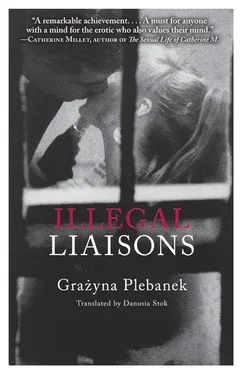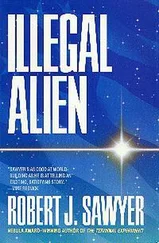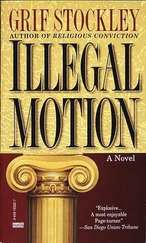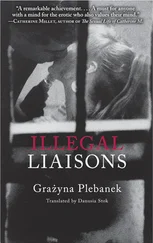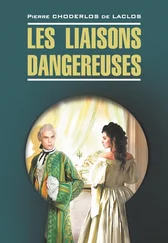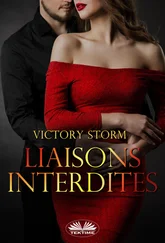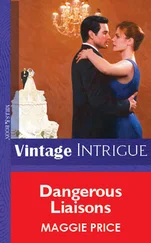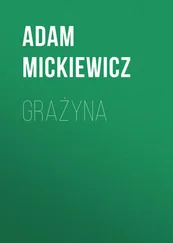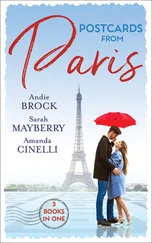“And what if someone tells me they’re the head of the Eastern Partnership task force again? What does it mean? That he goes to the office and what?”
“Don’t try to understand. Ask about general things.”
“For example?”
“Oh, for God’s sake, you used to be a journalist, do I have to tell you how to talk to people?”
Jonathan held the dill under the tap.
“My grandfather was a lawyer,” he said, placing the bunch on a chopping board and picking up a knife. “My father’s an engineer and my mother a physicist. The first defended clients in court, the second designs purification plants, the third researches.”
“And now people work in leasing, audit, PR, and human resources.” Megi, annoyed, blew at her blonde bangs.
“Those aren’t professions.”
“But you don’t have to tell them that!”
Jonathan shrugged and pulled the rust-colored cuts of salmon out of the fridge. He seasoned them, laid them on baking foil, and doused them with wine. He washed his hands and walked up to the stereo. What music to choose? He ran his fingers down the records.
The intercom buzzed. Jonathan switched on the sound system, and Megi, on her way to the hall, glanced at him in surprise.
“Music from Stealing Beauty ? But that’s music for lovers!”
He did not have time to answer because at the door stood the head of cabinet for the Justice Commissioner, Simon Lloyd, and his partner, Andrea Kunz.
Jonathan kept glancing at the guests from behind the kitchen worktop. On Megi’s right-hand side sat Simon, the focus of the gathered group. Rafal, who had hosted the party at which Jonathan had met Andrea, won Simon over within minutes with his knowledge of literature; his wife, Martyna, although she’d asked Megi at the door if she had anything for constipation, told interesting stories. Mainly about herself, but in three languages.
On Simon’s left sat Przemek. Jonathan couldn’t say much about him because they hadn’t had a chance to exchange more than a couple of words. He remembered that Megi, who worked with him, had praised his open mind and nose for politics, which, combined with a knowledge of French and English, “boded well for Poland,” as she said.
Jonathan tore his eyes away from Przemek’s elongated skull and observed the sympathetic journalist who had come with his partner. Next to them sat a trainee who worked with Megi, and next to her, a Spaniard, an employee at the brewery. Stefan wasn’t there because he’d had to go to Luxembourg on business.
“Have you been to Thailand?” Sentences flew across the table, too light to grasp.
“Yes, it’s really super!”
“It is, isn’t it? And Costa Rica?”
“We discovered a place last year …”
Jonathan looked at the Spaniard, who was getting bored because he didn’t speak any Polish. Jonathan, too, was bored and was grateful to the fish for requiring so much attention.
“What about the Canaries? Because next year we can’t …”
“Pretty bad. Besides, how much can one take?”
“Nothing’s authentic there any more. Everything’s touristy …”
“Yes, but basking in a deck chair by the pool …”
“Now, that’s different.”
When they switched to Commission jargon, Jonathan started to clear the table and the trainee took advantage of the commotion to move closer to Simon Lloyd.
“He’s unbelievable!” he heard her say to the journalist’s partner.
“ ‘Unbelievable’ why?” Jonathan, joining them, couldn’t take any more.
The trainee turned to him in amazement.
“My friend really wanted to work for him,” she replied as if this explained everything.
Jonathan looked across the table but instead of Simon his eyes rested on Andrea, who was talking to the young journalist and Przemek. They were laughing, exchanging quick repartee.
“And what do you do?” Jonathan heard.
He turned his eyes to the trainee girl. Her face was shaped like a Kaiser roll; she was stocky but in her own robust way could be considered attractive.
“I write.” Again he glanced across the table. Rafal had joined in Andrea’s, the journalist’s, and Przemek’s conversation.
“And what do you write?”
“Books,” he mumbled distractedly.
Instead of an “oooh!” a squeal resounded at his side.
“Well, I’ve never yet, never yet …” The girl put her hand over her mouth in an effort to control her joy.
“Never yet what?” Jonathan tore his eyes away from Andrea’s group. “Never written anything? And do you want to?”
The girl snorted again but a moment later grew serious.
“Write? Come off it! But you know what I really want to do?” she asked, pronouncing “want to” as “wanna.”
He nodded, confused.
“I want to open a retro clothes shop.”
He was opening a bottle of wine in the kitchen when Andrea came up to him. She was wearing high heels and a slippery dress, beneath which her breasts were so clearly outlined that he was covered with goosebumps.
“Can I help?” she asked, sitting down on the stool at the worktop.
He took the rest of the glasses from the sideboard and thought that had they been alone he would have parted her thighs and slipped his hands up to her pubic hair.
“Will you pour me a glass?”
He shuffled from foot to foot; the physical reaction taking place in his trousers made it difficult to move. Andrea tilted her head. After all those text messages it suddenly seemed strange to him that she should be sitting here, so close yet so distant.
“We’d best think of a subject.” She pulled back her long hair. Everything about her was polished and neat; only her hair lived its own, lush life. “Politics perhaps?”
“And not tourism? It’s riveting.” With his head, he indicated those gathered around the table.
She laughed and he gazed at her, trying to work out the mysterious link that raised her face, whose features were far from classical, to that of a beauty. Perhaps it was the smile, of which he could not see enough? Or perhaps the intelligence in her eyes, highlighted by tiny wrinkles?
“Andrea …” He cleared his throat and assumed a completely different tone of voice. “Andrea. Where does the name come from?”
“I come from a family of Czech immigrants but was born and brought up in Sweden. When I ask for milk in a Czech shop they look at me as if I were quoting fragments from the old Czech Bible. Do you speak archaic Polish, too? When I first heard you I thought you were English, like Simon.”
“No, I was a teenager when I left Poland. I even remember martial law.”
“Tanks in the streets? My mother told me. I always thought she was still living Prague Spring …”
“Doesn’t she like Sweden?”
Andrea shook her head.
“It’s like in Kundera,” murmured Jonathan. “There’s no life after the fever of Prague Spring.”
“The unbearable lightness … That’s where her recurrent bouts of depression came from.”
“And your father?”
Only then did they notice Simon’s presence.
“Everything OK?” He put his arm around Andrea’s waist and looked her intently in the eyes. His gray hair appeared ash blond in the evening light. He didn’t look like a typical Englishman; slim, tall, he resembled a Scandinavian with the smile of a boy.
“We’ve somehow not had the chance …” he turned to Jonathan. “What do you do? Your wife mentioned you’re a wonderful father.”
“Jonathan lectures on a course in creative writing,” Andrea threw in.
“You’re a writer?”
“I’ve published three books.”
“What about?”
“Fairy tales.”
Simon glanced at him with amusement; Jonathan’s fingers squeezed the neck of the bottle.
Читать дальше
